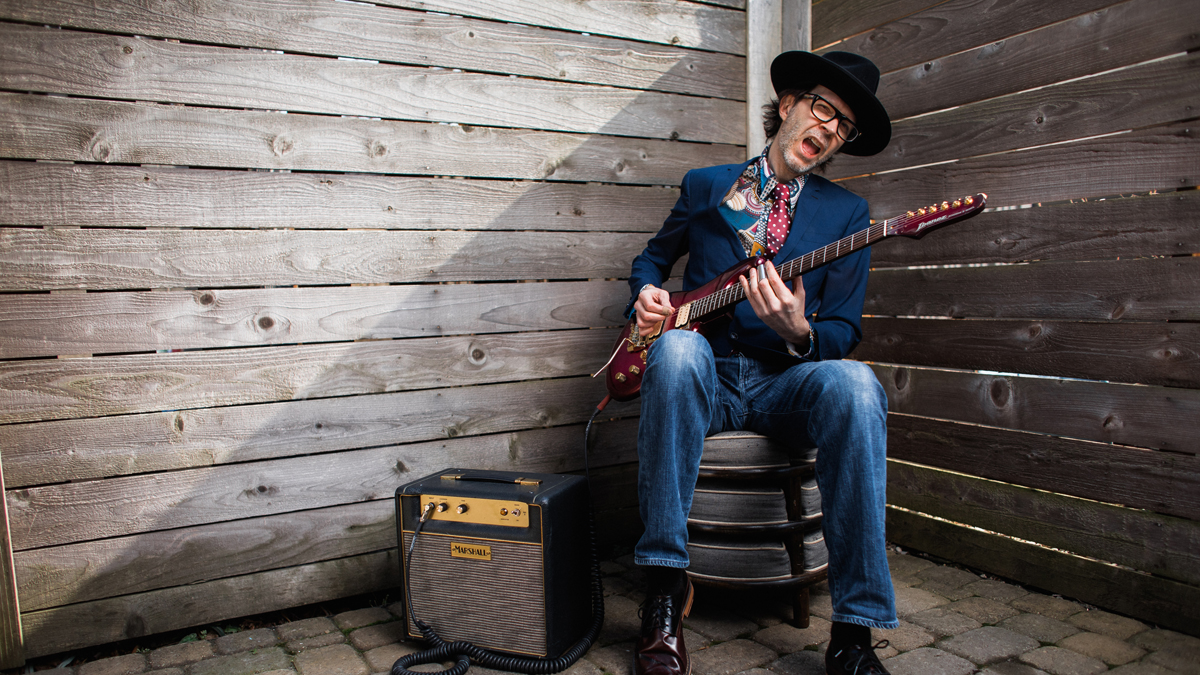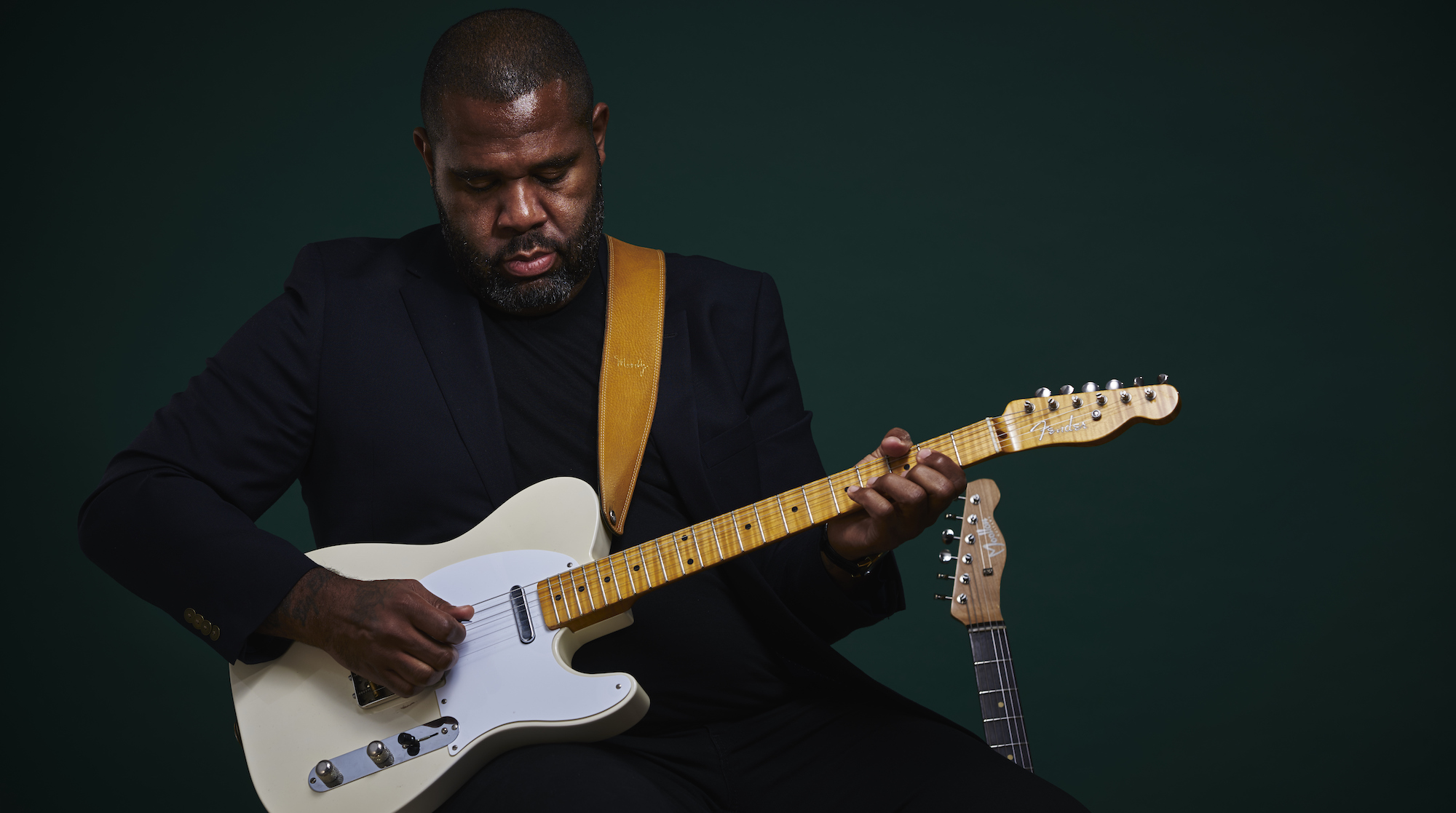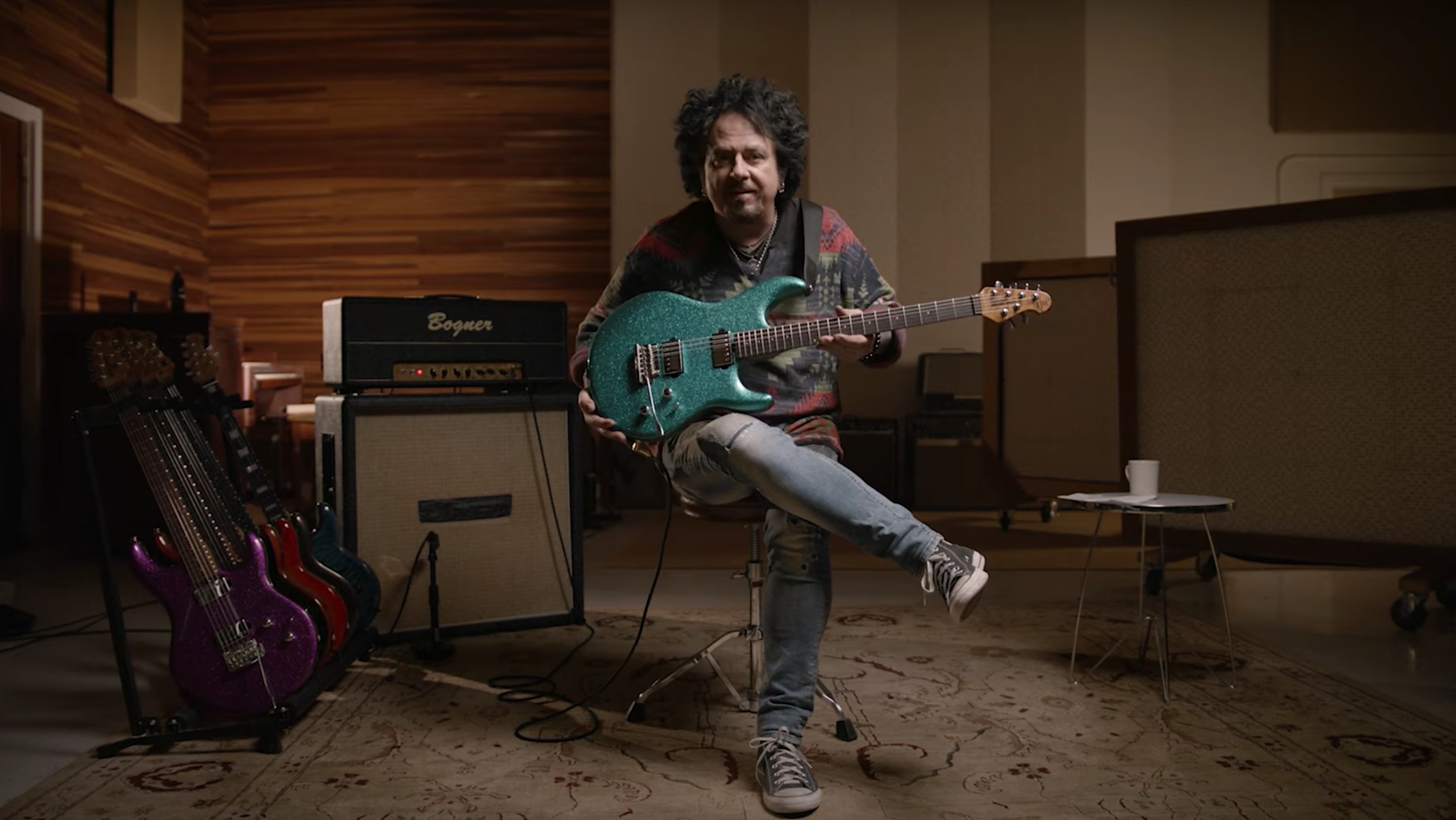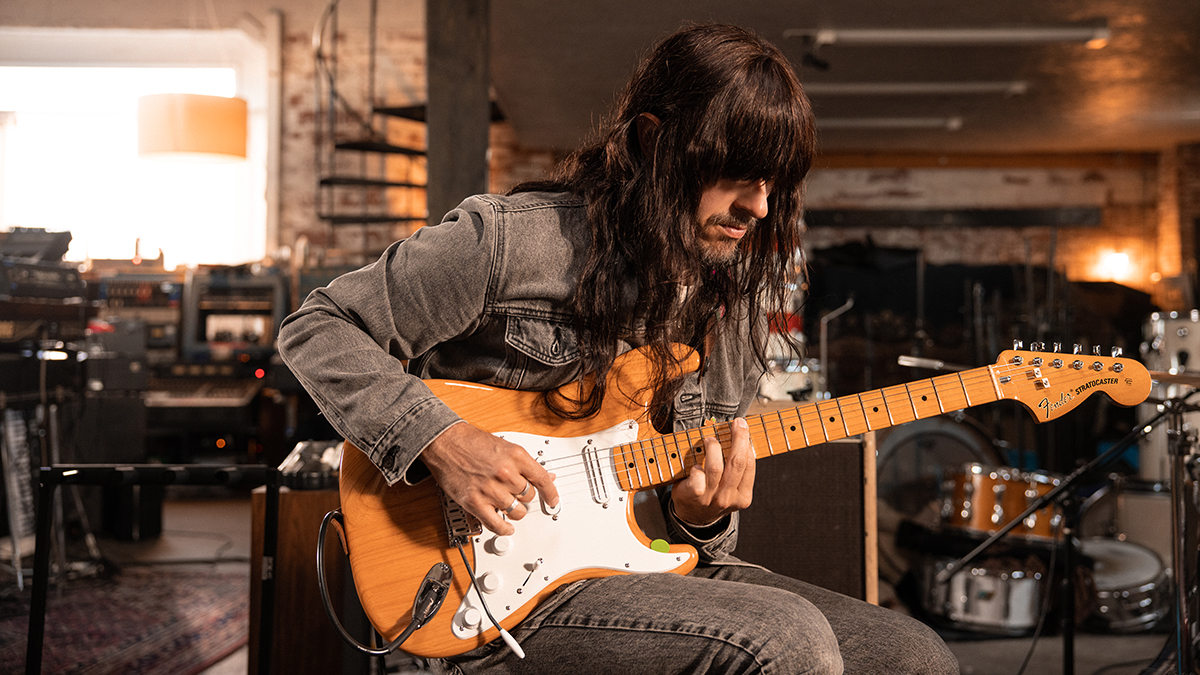6 guitar pros on how to prepare your playing for tour
Paul Gilbert, Steve Lukather, Marty Friedman, Kirk Fletcher, Steve Morse and Michael Landau on how they get stage-ready

All the latest guitar news, interviews, lessons, reviews, deals and more, direct to your inbox!
You are now subscribed
Your newsletter sign-up was successful
Steve Morse

BACK TO LIVE: First thing is to keep your calisthenics/mechanical practice to where you can handle your difficult parts without strain. I figure that if I can make a part 10 times in a row in my home, that I have a decent chance of pulling it off at a gig where there are multiple distractions, and no second chances.
Left-hand strength is something I concentrate more on before a tour. The vibrato, bending, and building up calluses is very important. Most players find that their fretting fingers are sore after the first or second gig.
Never forget that the people out there took money out of their pockets to be there, and that your preparation is something you owe them. But once you’re onstage, laugh at everything that goes wrong
Toughen up two weeks before with extra fretting work. Make some chord and drum loops to play along with, preferably of solo sections you might play at the gigs. Just spend time experimenting, getting comfortable. It’s different than doing technical practice, and is a very important part of the ‘gearing up’ process.
Never forget that the people out there took money out of their pockets to be there, and that your preparation is something you owe them. But once you’re onstage, laugh at everything that goes wrong, enjoy the things that are great, and give out that positive energy which makes live music the one universal language!
Paul Gilbert

I start bending strings like crazy, to get my fingers’ calluses back in shape. If my calluses are really gone, I’ll bring a few sets of what I call ‘Anti-Gravity’ strings.
Here’s how to make a set:
1. Get a set of 9s. (9-42)
All the latest guitar news, interviews, lessons, reviews, deals and more, direct to your inbox!
2. Throw away the 42.
3. Use the 32 as your sixth string, and keep going from there.
4. Use an additional 8 for the first string.
5. So your gauges will be, 32, 24, 16, 11, 9, 8. Your chords won’t tune up very well, but you’ll be able to bend all night without ripping up your fingers too badly.
After two or three gigs like this, you can go to a standard set of 8s. (8-38) I usually stay there, as I like to bend, unfettered.
Kirk Fletcher

Preparing for gigs can be very exciting and also stressful. If I have been off the road for a while, I’ll be a little rusty. Number one thing is to know all the material inside and out. That will put your mind at ease.
Guitar gear-wise: triple-check all gear including guitars and all the hardware on the instrument or instruments you will be taking out. Bring more than enough strings – I’ve had it happen on the road where I snap strings like crazy for various reasons.
Make sure if possible your pedals can run on batteries. I learned this the hard way by having my power supply die on me
Check all cables and bring extra. Make sure if possible your pedals can run on batteries. I learned this the hard way by having my power supply die on me. The road can sometimes be strange with gear; if something is going to stop working, a Sunday when everything is closed is when it’s most likely going to happen!
Make sure you bring a power strip and a long enough AC cord. Also, it's a good idea to have a clock and pen and paper. I like to pack at least the day before so I’m more calm and I can really think of everything I might need. I also always check in early to the airport, as airports are always an adventure, so the earlier you are the better.
Also an old trick is, bring enough undergarments for every day you’re away. You just never know how long before you have time to do laundry. Have fun and maybe I’ll see you somewhere out there!
Steve Lukather

Every tour starts out a little different. Trying to add more deep cuts and just getting my chops up. There’s nothing like playing hard for two-plus hours a night, five to six days a week, to really feel ‘on your game’. I sure have missed it. I do vocal exercises, hike and really rest up. It’s also about getting your own head together for it.
I don’t have the same guitar routines always – I see how I am feeling as the time gets closer. I can’t tour till 2022 as it looks at the moment, so it will take more time to get my full chops back up. Band rehearsals usually get me close to 100%, then by the time we leave I am ready. Been doing this for 45 years now. I can’t wait to get back out!
Michael Landau

Play your fucking guitar… make sure your rig is working and that it sounds great… do your fucking homework regarding the songs… so basically, don’t show up to a paying gig unprepared!
I’m not a fan of reading music on stage, so use some common sense like: warm up and reconnect with your instrument by playing a lot in the days leading up to a gig. Make sure your rig is sounding great.
If it’s a band that I don’t play with on a regular basis, I’ll make a small setlist ‘reminder sheet’ for myself with some basic notes on the songs. I lay it on the floor so I can glance down at it if I need to, and this also helps to see what’s coming up next in the set.
Marty Friedman

Songs that I’ve played on recent tours will come back to me within the first rehearsal and need little or no prep. So here is how I prepare for any additions to the setlist.
Step one: try to play new songs in the set list, see where any weak spots are.
Step two: look closely at those weak spots and try every possible fingering until deciding on the easiest fingering. This is important because remember you will have to perform the music, not just play it. Massive difference.
There are tons of important nuances in my music that I am very detailed about when recording, but many of those things would not translate to a live setting and would take concentration away from my performance if I tried to replicate every tiny thing on the record.
Think of the big picture. It’s no fun dreading certain tricky parts of songs that no-one will notice if you nailed or not anyway. Simplify your parts down to the most important parts that get the job done, and enjoy performing.
Step three: once you have decided on those fingerings, practice the hell out of those weak spots, standing up (as most likely the parts were recorded sitting down, and practicing sitting down will not help you perform). And finally, don’t waste time working on things that don’t need work. Spend all your practice time focused on anything that is not coming out easily.

Jason Sidwell (BA Hons, MA, ALCM) was editor of Guitar Techniques, is senior tuition editor for Guitarist and has written/edited over 25,000 printed articles since 1998. He is an advisor/guest tutor for UK music academies, a director/tutor for the International Guitar Foundation (IGF) plus author of How to Play Guitar Step by Step (Dorling Kindersley) and tutorials for The Guardian and Observer. His unique Guitar Day UK teaching events have been running for over a decade. He is also a busy classical guitarist and theatre musician, has recorded with musicians such as Steve Morse, Paul Gilbert, Andy Timmons and Marty Friedman and has a broad cliental for studio guitar work.
